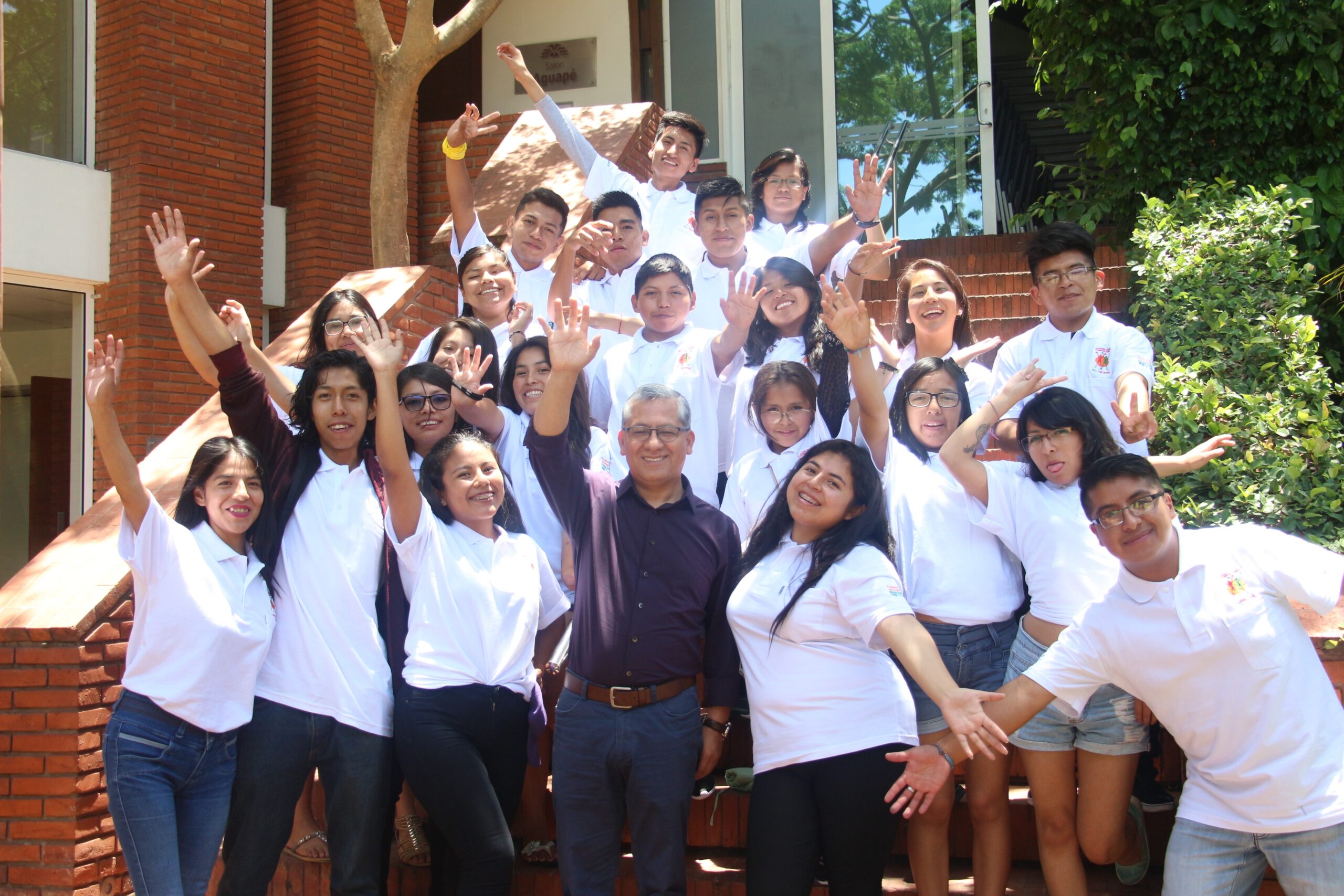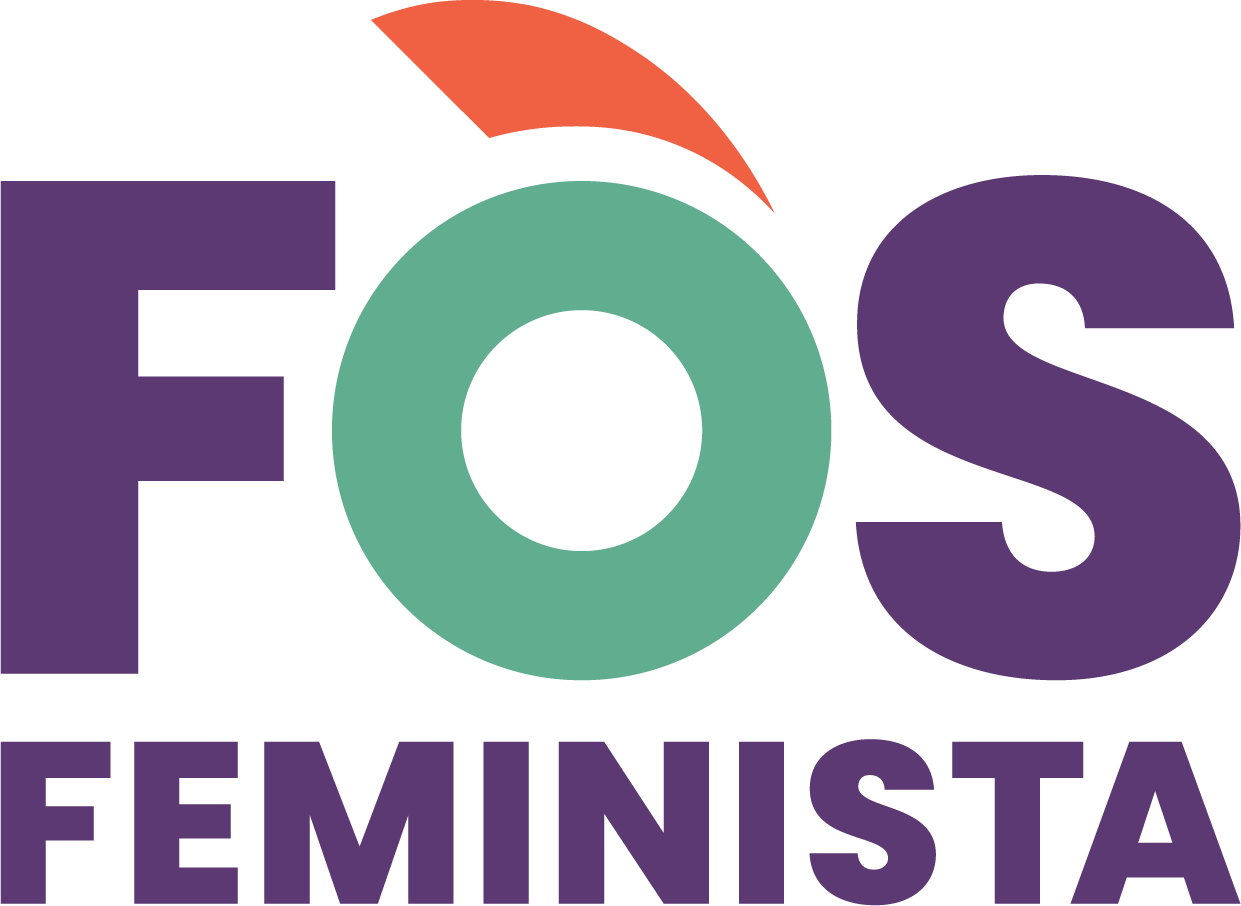
Access to comprehensive sexuality education (CSE) is essential for adolescents and young people to live their sexual lives with a sense of empowerment, responsibility, and joy.
Despite living in a country with one of the highest rates of adolescent pregnancy in Latin America, many young Bolivians do not receive any type of sexuality education in their schools—and some lack access to any formal education at all. Melanie Parra aspires to change that. At just 22, she has already traveled through half of her home country of Bolivia to deliver comprehensive sexuality education to young women and girls so that they can make informed decisions about contraception and complete their schooling.
“I started working on these issues because when I was 16, I was suffering abuse from my boyfriend,” said Parra, an engineering student and a volunteer for CIES, a Fòs Feminista partner organization that works throughout Bolivia.
“I hadn’t realized [it was abuse] until people from CIES came to my school and started talking about it. I became empowered and started volunteering because I also realized how important it was for all youth to have correct information and skills to start a sex life that brings satisfaction and not negative consequences. In addition, for us it is an enriching but also fun work because we meet many young women like us with whom we learn and have a good time simultaneously” says Parra about her activities.
Bolivia has one of the highest adolescent pregnancy rates in the region with 88 births for every 1,000 women between the ages of 15 and 19, nearly twice as high as the average for the rest of the world. Indigenous and Afro-Bolivian women are more likely to have unwanted pregnancies and to be subjected to forced marriages or unions.
The young women who Parra volunteers with are part of Tú Decides, a network that CIES founded in collaboration with other young people in Bolivia to promote sexual and reproductive rights and CSE to schools and communities. They use participatory methodologies that allow young people to learn through games, debates, and community activities.
Like CIES, most Fòs Feminista partner organizations include comprehensive sexuality education as a central part of their work throughout Latin America and the Caribbean. Partner organizations support CSE in schools and other educational spaces through trainings for teachers, development of school curricula, and peer education with young volunteers like Melanie.
According to UNESCO, all governments in the region report having some CSE programs for adolescents and youth in school. Nevertheless, the quality of those programs is often very low because they often focus only on biological aspects of sexuality and do not recognize the difficulties that young people may face when trying to prevent HIV and other STIs, unwanted pregnancies or gender-based violence.
“The Bolivian Constitution recognizes sexual and reproductive rights, which is something very advanced in the world. But that does not mean that the population can really exercise them, much less adolescents and young people. For this, an important first step is that they have science based CSE with a human rights perspective,” said Adriana Mendoza, another young woman who participated in the Tú Decides Network and is now a member of the Board of Fòs Feminista.
“Bringing CSE to schools allows adolescents to also reflect about their lives as a whole, to develop plans on what they want for their future and what tools do they need to get where they want to be,” said Mendoza.
Parra and Mendoza are two of the thousands of young volunteers who collaborate with Fòs Feminista’s partner organizations around the world. Their stories inspire us to believe that the future will be a feminist one.






